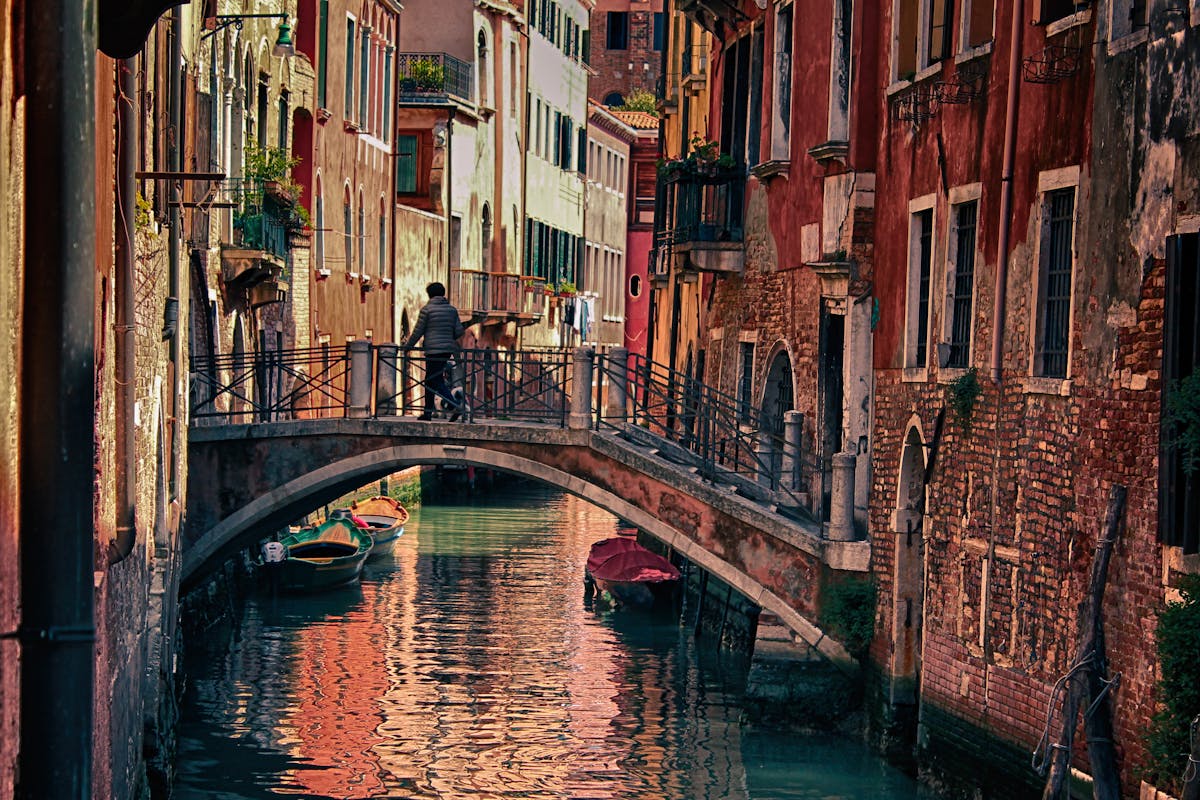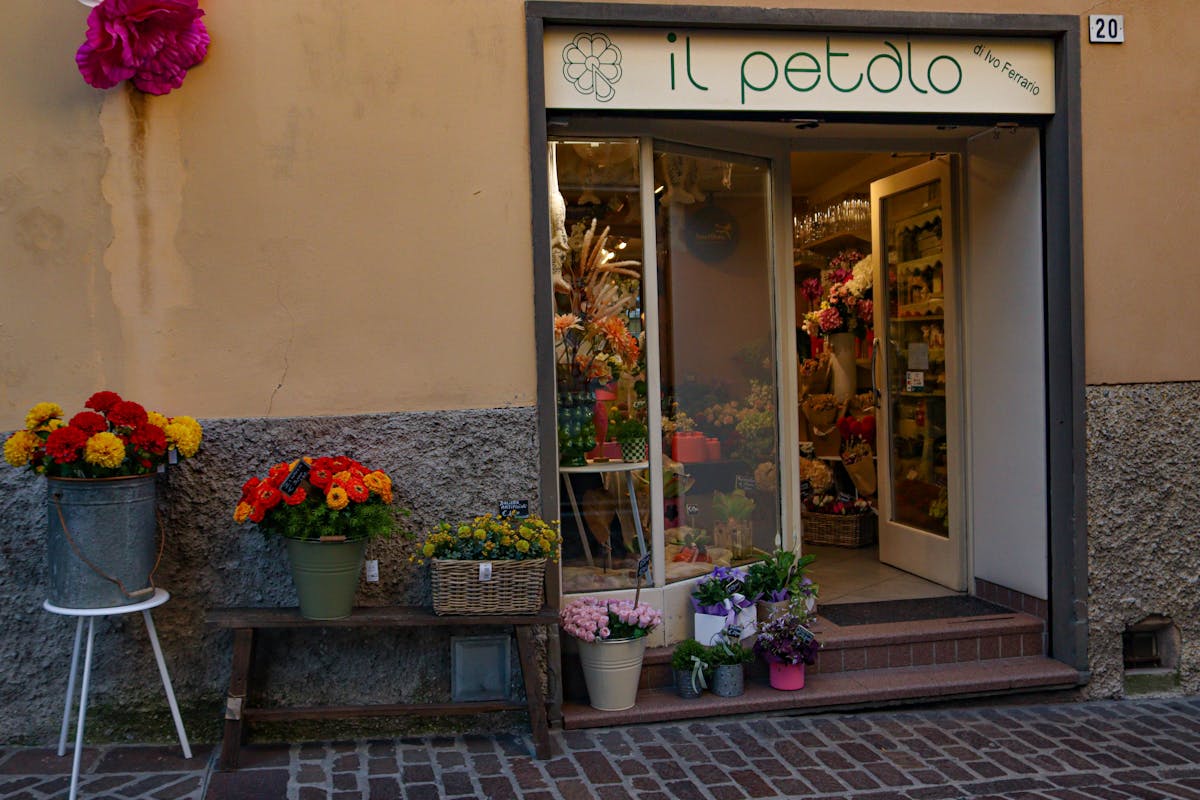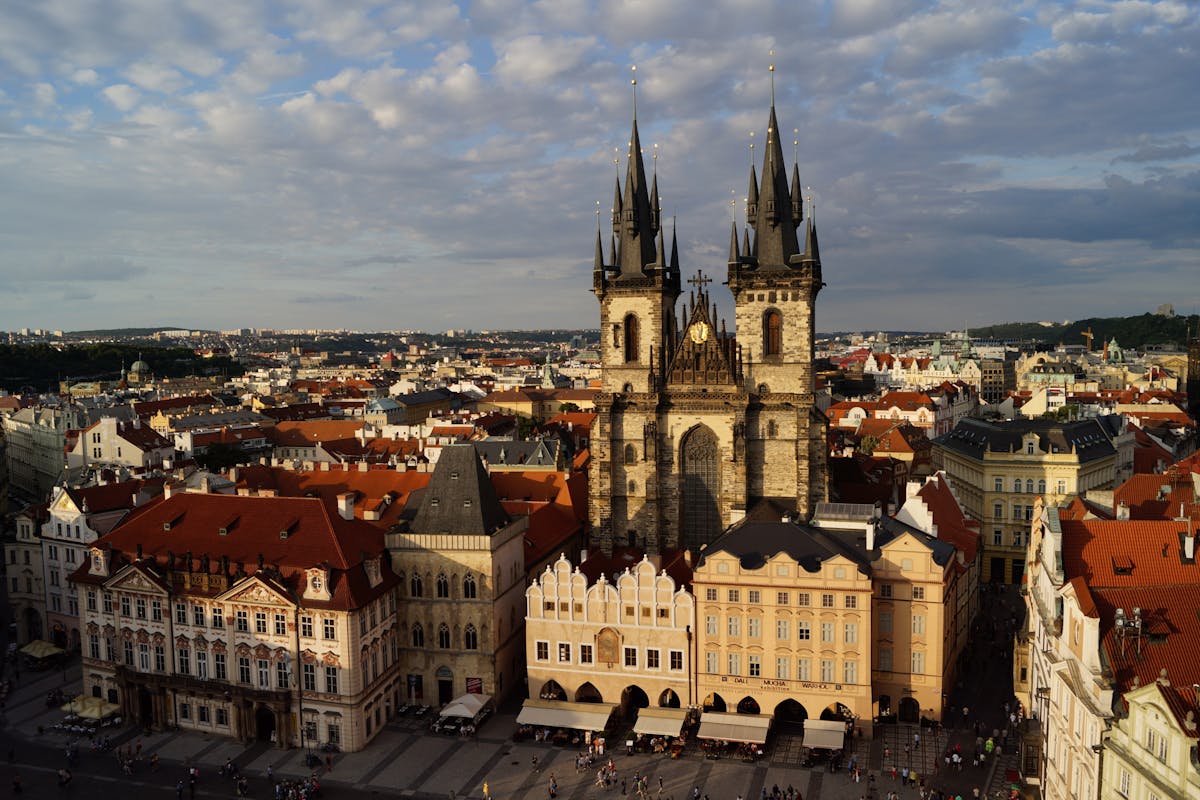
I moved to Italy. I discovered what Italians do – and why they are happy, healthy, and live long
Tea Duncan Prando, founder of the "Doing Italy" company that helps people relocate to Italy, lives in Milan with her husband and son. She left America in search of a completely different way of life. After years spent in Italy, she realized why their lifestyle influences a long and high-quality life.
My love story with Italy began in 2003. I was a third-year university student and spent a semester on exchange in Italy. Almost immediately, I knew I had to stay, Tea wrote in her column for “MakeIt.”
Today, I live in Milan with my husband Diego (Italian) and our six-year-old son Lorenzo. My attachment to my new home has only grown over time. Over the past two decades, I have also had the chance to observe why Italians live such long and healthy lives – she wrote for Nova.rs.
Many of their habits and traditions that contribute to longevity I have adopted into my own daily life. Here are a few reasons why the quality of life here is extraordinary.
The Art of the “Aperitivo”
The “Aperitivo” is one of my favorite aspects of life in Italy. At first glance, this Italian early-evening ritual may seem like just a “happy hour,” but it is much more than that. It builds community.
In Italy, it is common for people to go out in the evening, and you will see all kinds of people – from parents with small children, to young professionals, to grandparents in their nineties – enjoying a light snack and drink in a local café or bar.
My son often asks for “peritivo” (sweetly leaving out the “a”), fully expecting to get juice and chips. My husband and I might have a glass of wine, a gin and tonic, or even a non-alcoholic cocktail. The driving force of this habit is spending time with the people you care about.

Walking for the Sake of Walking
“La passeggiata” comes from the word “passeggiare,” meaning to walk.
In smaller towns and villages, you often see Italians strolling leisurely down the main street, before or after the “aperitivo,” or while enjoying an ice cream. Sometimes it’s just a longer way home after dinner.
The beauty of this activity is that there is no goal you are striving toward. You walk for the sake of walking. The only purpose is to do “la passeggiata” and meet people spontaneously along the way.
Food You Can Trust
Italians take their food seriously. So seriously that you often hear them talking about “la materia prima,” which can be translated as “raw material” or “basic ingredient.”
Because of the way Italian towns and villages are designed, they are often surrounded by farmland that produces the food Italians eat.
When I lived in Florida, I occasionally went to a farmer’s market. That was the maximum of my contact and understanding of where food comes from. It was nothing close to the experience we have here.
For example, we got to know the owners of a local strawberry farm nearby. My husband often sends them a WhatsApp message saying he will stop by the next day for five baskets of strawberries. The farmers then go to the fields and pick the fruit at the moment of perfect ripeness. I assure you, these are the most delicious strawberries I have ever tasted.

In my husband’s coastal hometown, Tellaro, a local fisherman often sends his father photos of the catch of the day – from sea bass to octopus and squid. I still vividly remember the first time I saw giant prawns so fresh they were still moving.
Buying directly from producers not only guarantees freshness but also affordable prices. Italy, like Europe as a whole, has strict rules about what can and cannot go into food. I never worry about food quality here.
Access to Good and Affordable Healthcare
In Italy, access to healthcare is seen as a human right, not a privilege.
People do not worry about what will happen if they change careers or, God forbid, lose their job, and whether they will lose the ability to pay for doctor visits, prenatal care, or even cancer treatments.
I believe there is a special kind of peace in knowing you have access to quality healthcare regardless of financial situation.
Vacation Is Taken Very Seriously
I like to joke that vacation is Italy’s official sport, right after soccer.
Full-time employees in Italy have a minimum of four weeks of annual leave. There are also many public holidays when no one works, such as “Ferragosto,” which falls on August 15. It dates back to the Roman Empire, when it was introduced as a period of rest for workers.
All this means that people here have much more free time than I was used to while growing up in the US.
For example, when I first arrived in Milan, I was surprised that even large supermarkets close their doors for a few weeks in the summer. The reason? If there are no customers, there is no point in keeping stores open and running cooling systems.
At first, with my American mentality strongly focused on productivity, I found it hard to understand. But now, after 20 years and many wonderful, unforgettable trips with my family – which my husband plans like clockwork every few months – I absolutely love this way of life and would not trade it for anything.
In Italy, there is a deep respect for vacation. People understand that work is only part of who we are. They know that time spent with family and friends is the foundation of a long, happy, and fulfilling life. This philosophy is what makes Italy such a wonderful place to live.





